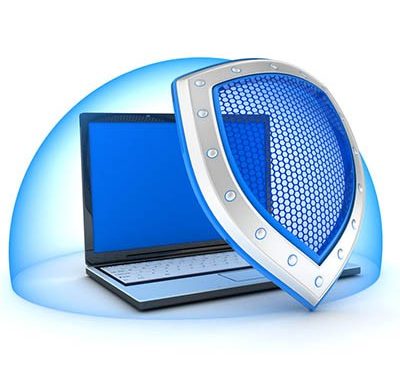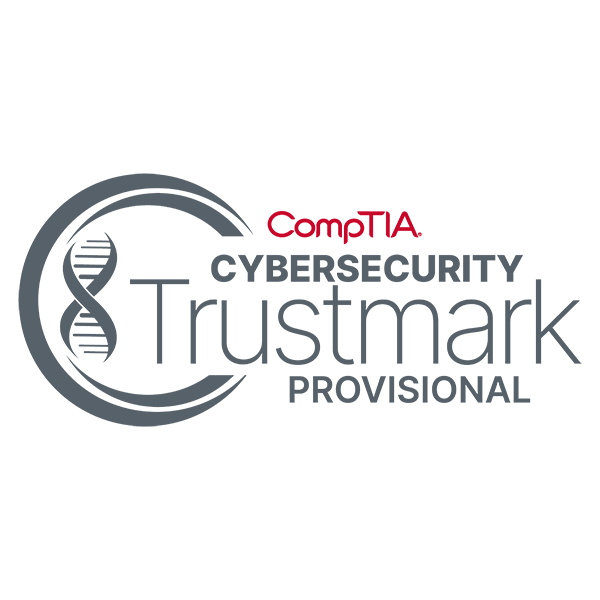In recent years, the familiar hard disk drive has slowly been losing ground to the much faster solid state drive. As they operate through very different processes, there are a few critical differences that you need to be aware of: SSDs have a limit to how many times data can be rewritten on the drive. This limit isn’t small, a standard consumer SSD drive is rated to sustain 40 gigs of data writing per day for 10 years. This may seem like a lot, but you’ll only get good results if you meet certain requirements and practices.
Use the latest OS
As operating systems are updated, they are done so under the expectation that more and more devices will have a solid state drive. That’s why these operating systems are now designed to support SSD use.
Avoid pointlessly manipulating data or activating wasteful settings
As mentioned before, an SSD can only rewrite its data so many times before it is spent. Therefore, it would be wise to avoid using the SSD to copy your files or download data, as this will cause ‘wear’ on the device. This includes avoiding a few features that many systems are equipped with.
- Benchmarking: Sure, SSDs are fast, but try to avoid the temptation to run a few speed tests to see just how fast yours works. This will only result in a shorter lifespan for the drive, as it will use up the available cycles needlessly.
- Hibernation: This feature simply allows the computer to save the system memory to the hard drive before it is powered off. This enables the computer to resume these operations once it is turned back on. As with the benchmarking process, this will use up more of your SSD’s cycles that you would otherwise. A quick note: hibernation and sleep mode are not the same thing, so putting your device to sleep is perfectly safe.
- Don’t Defrag: Defragging your drive aggressively scours the data on the drive to organize it at a mechanical level. On older drives, especially HDDs, defragging can increase performance, but on SSDs the benefits are negligible, and it just causes needless wear and tear on the drive.
Save mindfully
Due to some of the characteristics of SSDs, they are better suited to save certain kinds of media in particular ways, and aren’t very well suited for others. For instance, it is not recommended that an SSD is used to save particularly large files, or the background temp files that many processes create. In situations like these, it is better to rely on a HDD to save the data.
Admittedly, SSDs have a considerably long lifespan, even if used similarly to an HDD. However, ensuring its longevity can foreseeably result in fewer replacement costs down the line.
How much do you rely on SSD over HDD? Will you be a little more mindful of how you save your data? Let us know in the comments, and make sure you subscribe to our blog!








